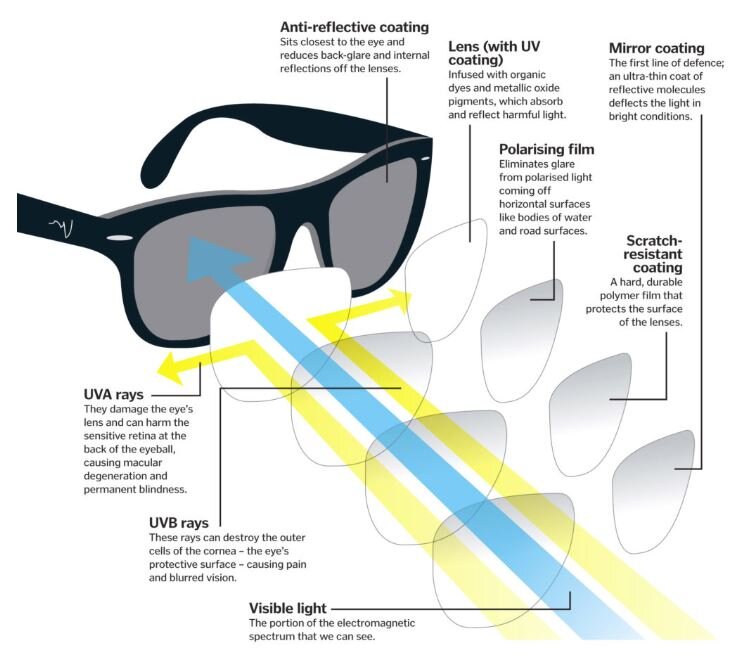Healthy Boating and Sailing
Optimize Your Health & Performance on the Water
Let’s face it, we all want to be healthy. But on the water, while boating or sailing, our health is constantly being challenged. And if our health is compromised, it will directly affect our performance on the water.
This book will help you optimize your health and improve your performance, whether you are boating or sailing in the bay or out in the ocean or if you are competing in your club or going out for a solo adventure.
After reading this book, you will understand your body and how you can improve your health and performance on the water. We are all unique and must learn the secrets of our own bodies to learn how we can adapt to the stresses of the nautical environment. Once we recognize these stresses and how they affect us, we will be able to stay healthy and perform at peak efficiency on the water.
Healthy Boating and Sailing covers all aspects of life on the water, including:
Seasickness · Cold weather sailing · Sailor’s skin · Infectious diseases · Nutrition · Accidents and injuries · Psychology — solo and group behavior · Sound and navigation · Heat and dehydration · Hazardous marine life · Vision on the water · Exercise · Sleep · Sports psychology
Reviews of the First Edition (Dr. Cohen’s Healthy Sailor Book)
“Dr. Cohen stresses throughout the book that prevention is the best medicine—that to be forewarned is to be forearmed. The book includes enough technical medical information to be properly detailed, but at the same time remains extremely readable. Perhaps best of all, readers can benefit from a doctor’s advice without having to pay for an office visit.”
— Waterfront
“This book has a totally different approach to medical care at sea…Topics such as seasickness, cold weather sailing, heat and dehydration, skin care, sailing vision, and hazardous marine life are treated in detail and supported by extensive research. Dr. Cohen explains basic physiology and how it can go wrong. Then he discards some common medical misconceptions. He gives strong rationale for good health management and reviews pertinent medical controversies.”
— Sail
“The Book is filled with sensible, mostly easy-to-understand tips (and their medical rationale) for not just sailing but for any outdoor activities, especially (but not exclusively) water-related. It probably ought to be subtitled Not for Sailors Only.”
— The Washington Post
“Each of the eleven chapters contain an admirable mix of good, solid fact (complete with tables, diagrams and line drawings), sailing history (the text is studded with quotes from sailor’s diaries and logs), and sound practical advice, drawn together in an easily digestible narrative style that is not without wit. Mere landlubbers, too, will find some of the information very valuable: for instance, I don't think I have ever read such a clear account of the required elements in a well-balanced diet.”
— Occupational Safety and Health
“Dr. Cohen’s new book is the only medical book we've seen that every sailor should read before he sets to sea.”
— Sailor’s Gazette
“Doctor’s book on health at sea fills the bill for good, usable information. I came to this book assuming that I knew a lot more about health than I did. It’s a reasonable certainty than any three- or four striper, under and with whom any of us might sail, is guilty of the same delusion. Buy this book and read it!”
— National Fisherman
“This is not a first-aid book, but a thoughtful and informative text that might keep you from needing first aid.”
— Yachting
















